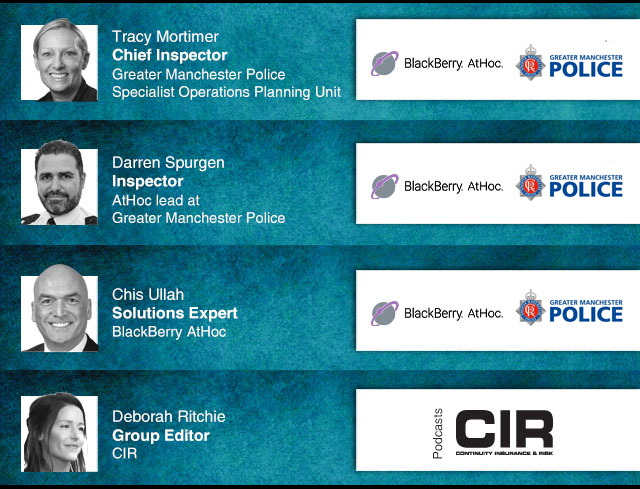The existing legal position for employers could be tested as working patterns change, warns insurer Zurich. It says the legal precedent on work related stress claims has remained unchanged for nearly 20 years but could be challenged by a widespread move away from traditional working arrangements since the start of the pandemic.
Hatton v Sutherland (2002) found that employers are not liable for stress-induced illness unless it was reasonably foreseeable, and the case remains the governing authority. However, Zurich points out that this ruling should be looked at in context, as the precedent originated from an environment where managers saw employees on a daily basis, and management styles were more authoritative.
With changes to the traditional 9-5 working hours and greater flexibility concerning where and when roles are performed, the ways in which employers and employees communicate has changed, representing a potential challenge for management in monitoring the health and wellbeing of employees.
It is also possible that the increased focus on mental health in the workplace and the pressures brought about by enforced homeworking related to COVID-19 will see an increase in the number of claims linked to mental health. Andrea Steer, wellbeing lead for Zurich Resilience Solutions, said: “The evolution of the modern workplace has been significantly fast-forwarded as a result of the pandemic. Therefore, fear, uncertainty and lack of clarity clouds many people’s outlook when it comes to the future of how they will work. Organisations therefore need to ask themselves, are they managing the obvious risks around remote working as well as they could?”
Steer said that increased use of technology has led to a level of human detachment not previously experienced, while new risks such as an ‘always on’ mentality and the concept of ‘leavism’ – employees working excess hours to impress their boss or catch up on work – only lead to increased mental health risks. “It is imperative that employers continue to develop their own policies to manage the unintended consequences of these risks - as well as develop a healthy work culture by demonstratable leadership behaviours.”
“It is also only a matter of time before the legal precedent Hatton v Sutherland will be challenged by claimants in the context of the ongoing workplace revolution. I predict that the landscape of workplace stress claims will change and develop in the coming years, which may well result in an increase in claims unless employers adapt to the challenges of the modern workplace.’
Zurich Resilience Solutions has launched a new digital tool that allows UK corporations to educate, identify and manage the mental health risks associated with their workforce. The Zurich Risk Advisor (ZRA) app is a digital risk assessment tool that will help companies to understand their mental health exposures and provide recommendations and insights linked to industry benchmarks.
The app tests different corporate scenarios through a series of question sets so organisations can identify and be equipped to mitigate and therefore prevent their mental health risks in a variety of scenarios and events. Zurich has made the ZRA app available for free to all UK corporations.
Printed Copy:
Would you also like to receive CIR Magazine in print?
Data Use:
We will also send you our free daily email newsletters and other relevant communications, which you can opt out of at any time. Thank you.













YOU MIGHT ALSO LIKE